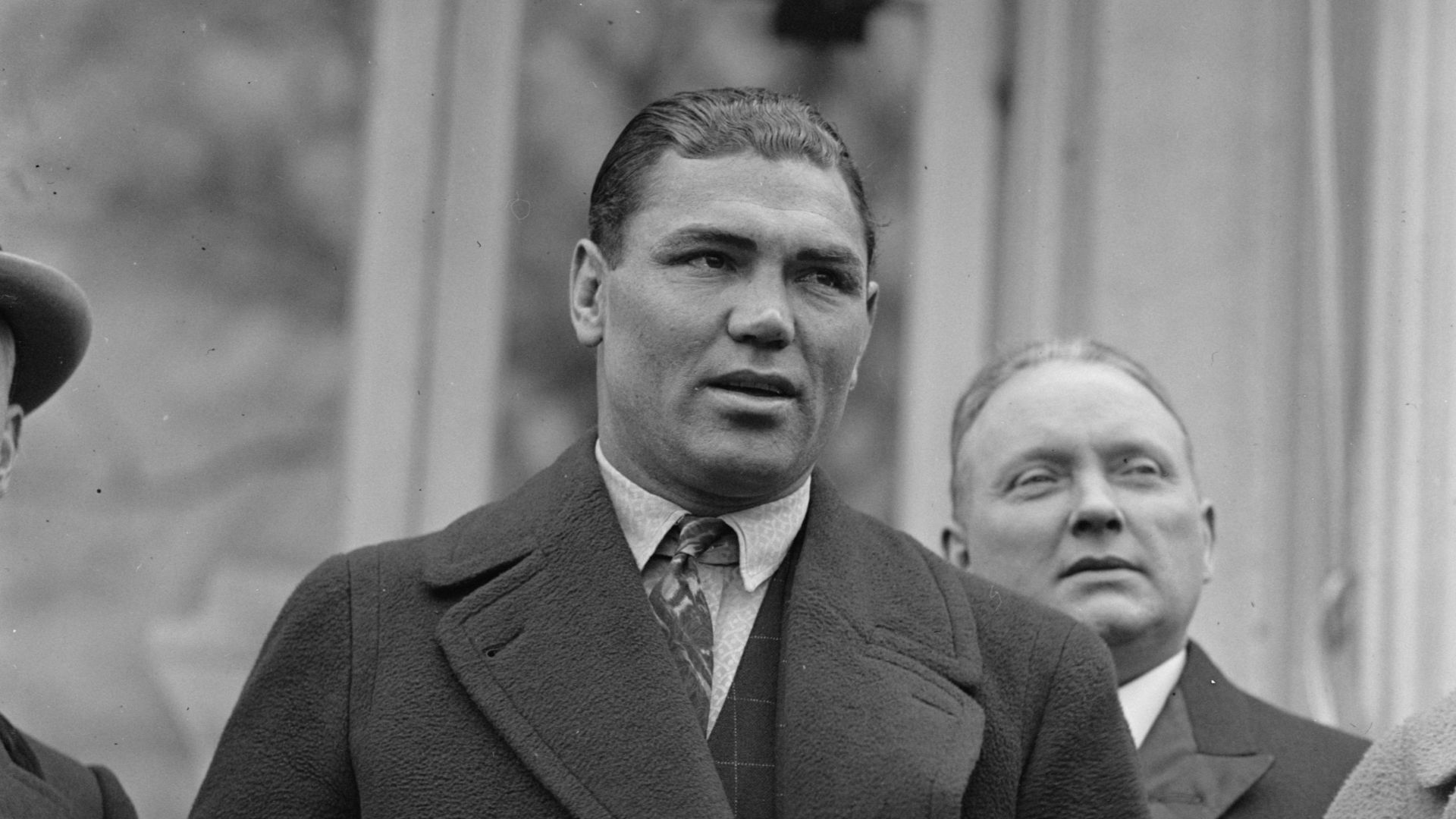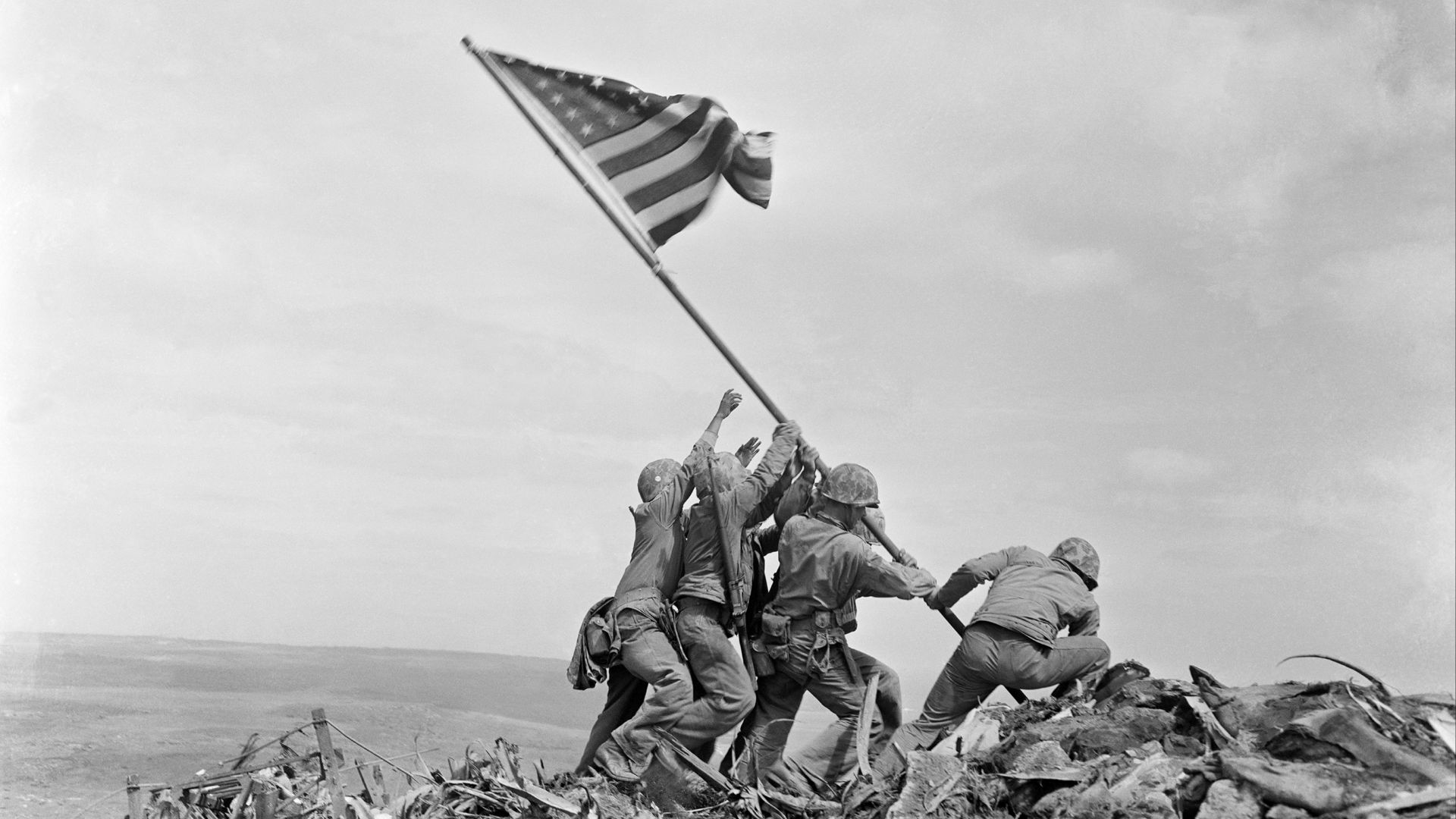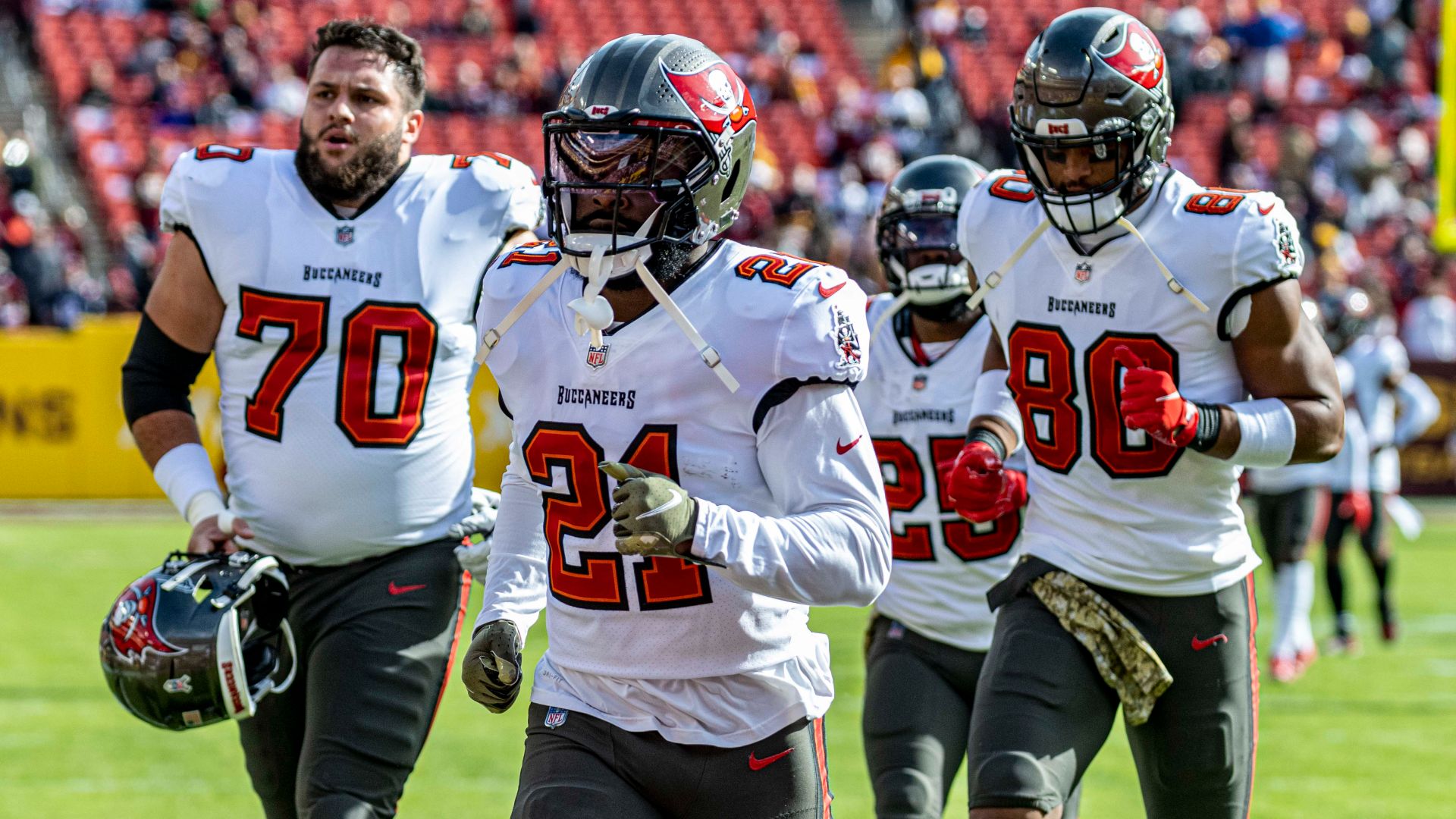Plumbers & Firefighters: Why Professional Athletes Once Juggled Day Jobs
Before athletes became millionaires, many were just ordinary workers with extraordinary skills. In the mid-20th century, the roar of the crowd often faded into the clank of factory tools or the ring of a shop phone. Players suited up for glory on weekends but returned to humble jobs on Monday. The dream of full-time sports stardom hadn’t yet arrived, and fame rarely guaranteed fortune.
Here is why the heroes of the arena once lived double lives.
Hard Work Beyond The Arena
To understand their struggle, consider the numbers. In the 1940s, a Major League Baseball player earned about $5,000 a year—barely enough for a modest living. Football players in the NFL also earned less than schoolteachers. Without television contracts, sponsorships, or lucrative merchandise deals, team owners kept salaries low and players expendable.
Yet, the low pay didn’t erase their love of the game. Many found ways to keep their athletic careers alive while providing for their families. NHL players in Canada worked construction or took jobs as firefighters. Boxing legends like Joe Louis served full-time in the army (1942-1945), and Jack Dempsey took up nightclub work after retirement. Even British footballers such as Tom Finney famously balanced his football stardom with plumbing, earning the nickname “The Preston Plumber.”
These were honorable professions that reflected the community spirit of the times, as the athlete wasn’t distant from the people; he was one of them.
 Unknown authorUnknown author on Wikimedia
Unknown authorUnknown author on Wikimedia
From Sweat To Stardom
The transformation began slowly, fueled by technology and television. After World War II, broadcasting changed everything. A single televised game could reach millions, turning local stars into national icons. Even by the 1920s, endorsement deals began to trickle in, and sponsors realized athletes could sell more than tickets. Suddenly, the plumber-turned-player was replaced by the poster-boy celebrity.
With these changes, the image of the working-class athlete began to fade, and by the 1980s, top players earned salaries that dwarfed the incomes of their predecessors.
The Heart Beneath The Helmet
In a world where sports have become billion-dollar industries, it’s easy to forget that once upon a time, the locker room smelled less like sponsorship and more like sweat and soap. The plumber, the mailman, the teacher—they carried the torch of athletic spirit without expecting riches. They built the foundation for today’s stars to stand on.
Looking back, their stories feel both humbling and heroic. Every goal scored after a shift at the factory, every punch thrown after a night at the fire station, was a sign of human endurance. They proved that passion and discipline could coexist with duty.
So, as we watch modern athletes celebrated for their skill and wealth, it’s worth remembering the era when sports were still rooted in the rhythm of working life. The plumber who scored goals, the firefighter who blocked shots, the soldier who boxed between deployments—they remind us that greatness begins not in luxury, but in love for the game itself.
KEEP ON READING

The Greatest Tools Mankind Ever Invented
Bank Phrom on UnsplashWhile they don't always get the credit…
By Rob Shapiro Nov 6, 2025
One Man’s Fishing Trip Just Turned Into a Historic Discovery
One Signal, Two Thousand Years Apart . Metal detecting sits…
By Cameron Dick Nov 5, 2025
How This Discovery Changed Our Perception Of Prehistoric History
Do you know how exciting it is when we find…
By Breanna Schnurr Nov 5, 2025
Everything History Never Told You About Shah Jahan and Mumtaz…
Shah Jahan and Mumtaz Mahal's names have been linked to…
By Farva Ivkovic Nov 5, 2025
How Historians Traced Ghost Stories Back To Ancient Mesopotamia
Back in the day, Ancient Mesopotamia was the place to…
By Breanna Schnurr Nov 5, 2025
20 Historic Photos That Won The Pulitzer Prize
Images Worth A Thousand Words. Pictures fill in the gaps…
By Ashley Bast Nov 5, 2025

